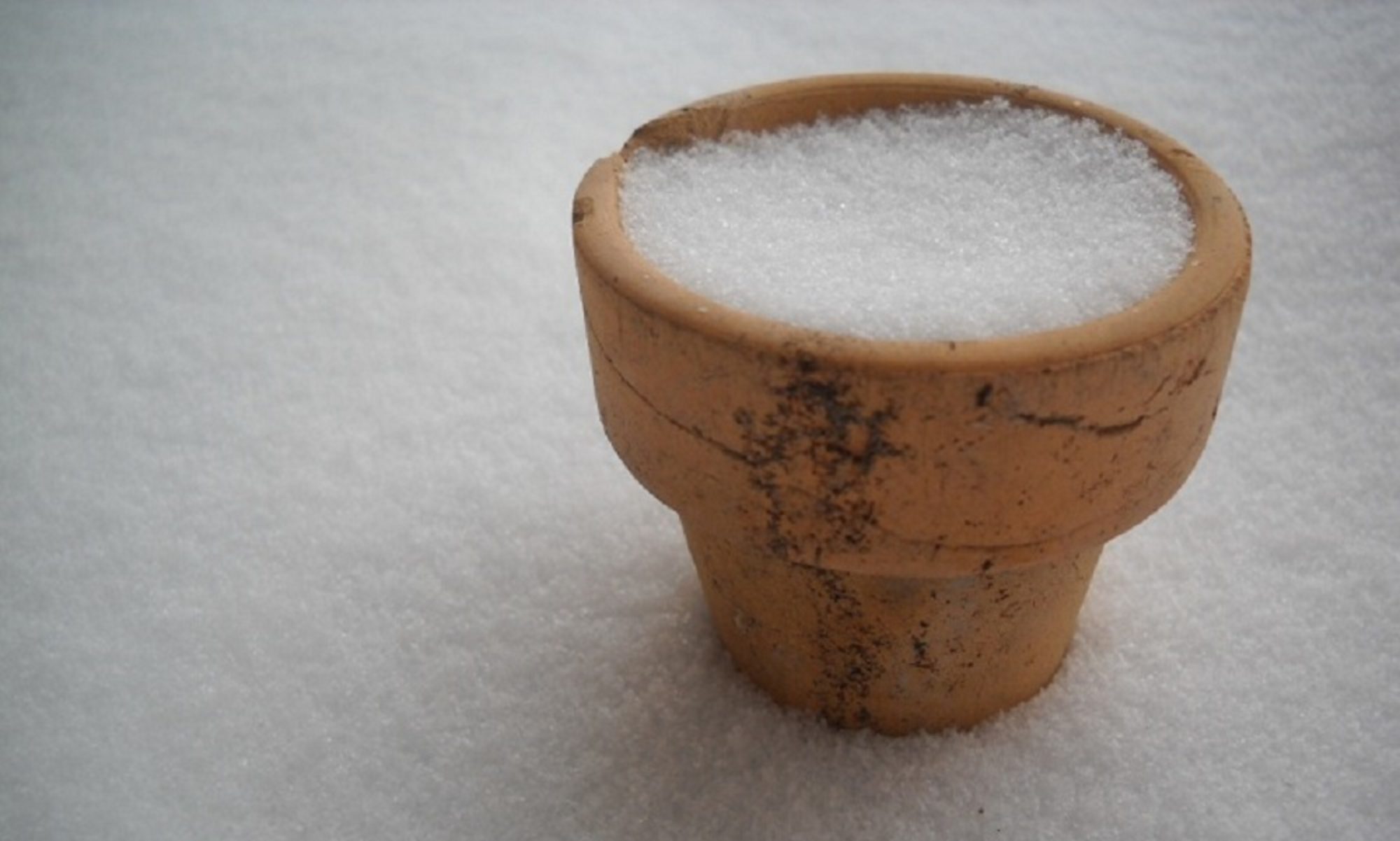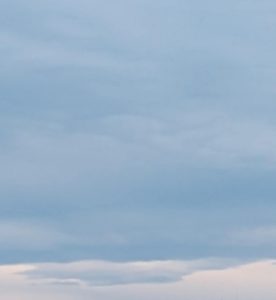And so the people found themselves in a modern-day pandemic. It wasn’t a problem that kept itself on the other side of the globe, adversely impacting only those people. This pandemic impacted all the people.
The pandemic caused the people to lose most of their preferred constructs.
Schools had to close their buildings, leaving parents to navigate learning via Zoom, email, and homework packets. Rants changed from, “Get off your screen!” to, “Get on your screen and pay attention to your teacher!”
Bars, gyms and theaters were closed. Sporting events were canceled. Worship could, in some cases, only happen online.
(Did anyone else hear the Gods laughing? Seriously, the people have yet to figure out that their Gods are everywhere, not just in a building or a tent.)
Shops could bring you what you wanted to your car, or through a window. Due to crazed online orders, many started a cardboard collection, sorting their deconstructed boxes by size, but keeping them out of the house because of the risk of contamination.
You could drive up to your favorite tavern, order a Manhattan, have it delivered to your car, and drive home sipping. Read that again. You could drive home sipping on a cocktail. (Apparently, pandemics encourage drinking and driving, or is that just in my neighborhood?)
The people either watched the news and ranted, posting their opinions on social media; or they avoided the news, learned to bake bread, and magically revived all their dead and dying houseplants. (Yeast is the only item I’ve seriously considered ordering from Amazon as our stores are perpetually sold out.)
The people either re-connected with their kids over board games, pizza nights and a 5th showing of The Princess Bride; or they holed themselves up in separate rooms of their too-big house and crossed off the days of the calendar until this “damn quarantine is over,” wondering why they ever thought it was a good idea to start a family.
The people learned how much they could do on their own, or they realized how much they needed each other.
Some of the people felt their hearts soften when they called to check on neighbors or made masks for co-workers or baked extra muffins for the guy at the end of the block.
Some people felt their hearts harden as they raged at the government for taking away their privileges and keeping them from living the lives they’d grown accustomed to – lives often full of self-indulgences and instant gratification.
The people were presented with an opportunity to evaluate, learn, and grow. They could take stock in their progress – decide what was working and what wasn’t. The people were given a chance to re-prioritize.
Some chose to embrace the slowness, the lack of over-scheduled activity, and the opportunity to connect with kids or the ones they found themselves living with during this stay-home phase. They came to appreciate the deliberate, soul-filled approach to life.
Some chose to cling to a return to “normal.” Those people would not rest easy until they got back all the ways of living that they thought had served them well, before the arrival of this “damn virus.”
Some will most likely come out of this pandemic taking steps to part ways, file for divorce, change their last name and argue over who gets the dog on which weekend. Some will undoubtedly decide they’ve had enough of living alone with a cat, potted plants, an extensive collection of herbal teas and Netflix, and sign up for a dating site.
There are lessons in all the approaches. There is no right way or wrong way, because lessons are taught in all the ways.
You might shout, “But, wait! The only sane way is the way that helps the environment and keeps the people safe!”
And another would roll their eyes and say, “But that’s ridiculous! The only way is the way that saves the economy!”
Could the people find some truth in both of those ways?
If choosing life and environment costs us a thriving economy, can we learn how to pull together to survive a challenged economy? If lives and the environment are the costs of a thriving economy, are there not lessons in that approach, as well.
Could the people learn to care for each other as well as themselves?
And so the people learned.

